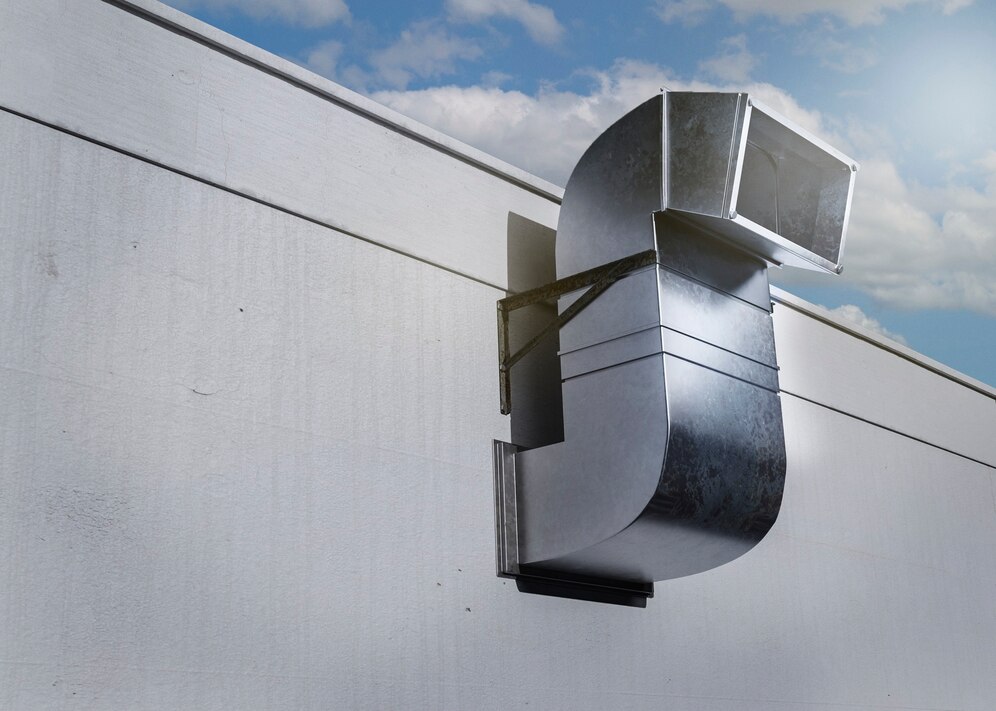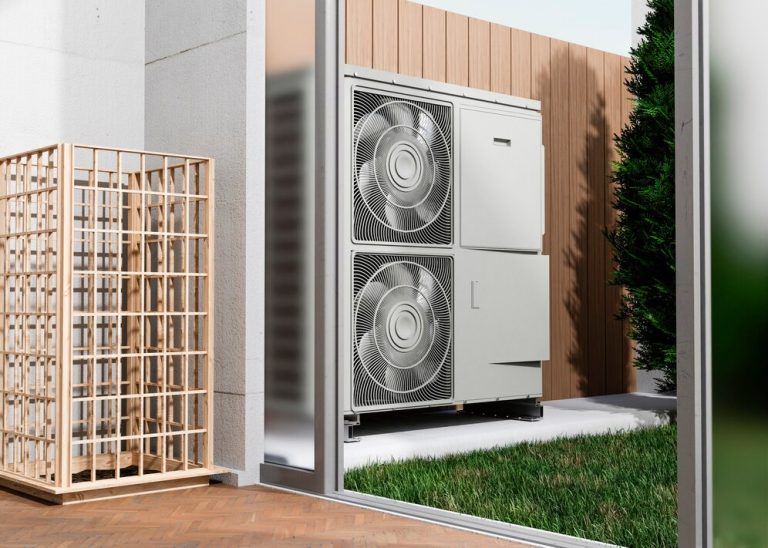Choosing the correct air conditioner size for your Lake Alfred home is critical for maintaining comfort and energy efficiency. An improperly sized AC unit can lead to uneven cooling, increased energy bills, and premature wear. In this guide, we’ll explore the key factors that influence the right size of air conditioner for your home and why making the right decision is essential.
Why AC Size Matters
When we talk about the size of an air conditioning unit, we’re not referring to its physical dimensions, but its cooling capacity, which is measured in BTUs (British Thermal Units) per hour. The BTU rating indicates how much heat the system can remove from your home in an hour.
Choosing an AC unit that is too small for your home will result in the system running constantly, struggling to keep up with cooling demands. On the other hand, a unit that’s too large will cool your home too quickly, leading to short cycling (turning on and off frequently), which can cause uneven cooling and unnecessary wear and tear on the unit.
In Lake Alfred, where summers can be extremely warm, getting the right size AC is particularly important. An oversized or undersized unit will not only compromise your comfort but also lead to higher energy bills and more frequent repairs.
Factors to Consider When Sizing Your AC
To choose the right AC unit for your Lake Alfred home, several factors come into play:
1. Square Footage of Your Home
The most significant factor in determining the right AC size is the total square footage of your home. The larger the space, the more cooling power is required. On average, you’ll need 20 BTUs per square foot to cool your home effectively. Here’s a general guideline:
- 700-1,000 square feet: 18,000-24,000 BTU
- 1,000-1,500 square feet: 24,000-30,000 BTU
- 1,500-2,000 square feet: 30,000-36,000 BTU
It’s important to have an accurate measurement of your home’s size to ensure you select the appropriate cooling capacity.
2. Ceiling Height
Standard BTU calculations are based on homes with 8-foot ceilings. If your Lake Alfred home has higher ceilings, you’ll need to adjust the cooling capacity to account for the additional volume of air. For every foot over 8 feet, you may need to add about 10% more BTU capacity to your calculation.
3. Number of Windows
Windows can significantly impact the cooling needs of your home. Large or poorly insulated windows allow more heat to enter, meaning your AC will need to work harder to maintain a comfortable temperature. Homes in Lake Alfred with many windows, especially if they face the sun during peak hours, may require a larger AC unit. Energy-efficient windows can help reduce this demand.
4. Insulation Quality
The better insulated your home is, the easier it will be for your AC to cool the space. If your home in Lake Alfred is well-insulated, you might be able to get away with a smaller unit. On the other hand, if your home has poor insulation, a higher BTU rating may be necessary to compensate for the cool air loss.
5. Climate Considerations
In a hot and humid climate like Lake Alfred, air conditioners have to work harder than in cooler, drier regions. Humidity levels can make the air feel warmer, increasing the cooling load. This means that even for homes with average square footage, slightly larger AC units may be recommended to handle both the temperature and the humidity effectively.
6. Number of Occupants
Each person in your home adds to the cooling load. Typically, you should account for 600 BTUs per person beyond the first two occupants. For example, if four people live in your Lake Alfred home, you’ll need to add an additional 1,200 BTUs to your calculation.
7. Home Layout
The layout of your home also impacts how effectively an air conditioner can distribute cool air. Open floor plans tend to be easier to cool than homes with many rooms and tight spaces, where air circulation might be limited. If your home in Lake Alfred has a complex layout, consider discussing zoning options with an HVAC professional, which can allow you to control the temperature in different areas independently.
The Importance of a Professional AC Sizing Assessment
While the above factors can give you a rough idea of what size air conditioner your Lake Alfred home needs, nothing beats a professional assessment. An experienced HVAC technician can perform a Manual J load calculation, a more precise method of determining the right AC size based on your home’s specific characteristics, including insulation, sun exposure, window types, and more.
At Freedom Air Conditioning, we specialize in helping homeowners in Lake Alfred select the right AC unit size for optimal performance and efficiency. Our team can perform a thorough assessment of your home, ensuring you get the perfect fit for your cooling needs.
Why Choosing the Right AC Unit Size Is Crucial
Selecting the right-sized AC unit for your Lake Alfred home isn’t just about comfort—it’s also about efficiency and cost-effectiveness. An undersized unit will lead to excessive energy usage, higher bills, and a system that wears out faster due to constant operation. An oversized unit, on the other hand, will lead to inefficient cooling, short cycling, and humidity problems, which can affect both your comfort and your energy costs.
Additionally, properly sizing your AC unit helps prevent frequent breakdowns, extends the lifespan of your system, and ensures that your home stays cool even during the hottest days in Lake Alfred.
Choosing the right AC unit size for your Lake Alfred home is essential for ensuring comfort, efficiency, and the longevity of your system. By considering factors like square footage, insulation, ceiling height, and climate, and by consulting a professional, you can select a unit that will keep your home cool and comfortable while avoiding the pitfalls of an incorrectly sized system.
If you’re in the process of selecting a new air conditioner or need assistance with your current system, contact Freedom Air Conditioning. Our team of experts will help you find the perfect AC unit for your Lake Alfred home, ensuring years of energy-efficient and reliable cooling.


